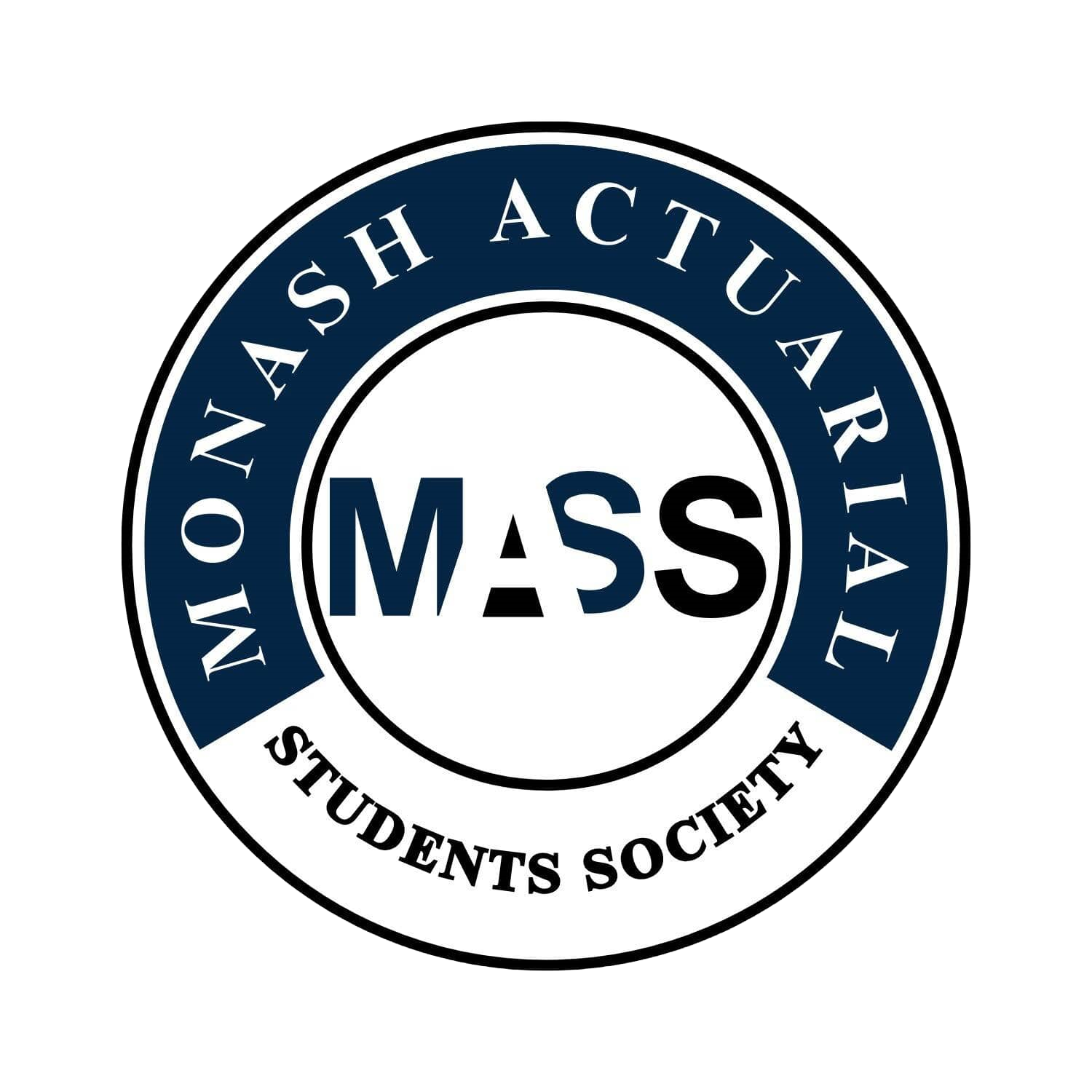ETC2420 / ETC5242 Statistical Thinking (Sem 2 2021)
Difficulty:
Year Completed: Semester 2, 2021
Prerequisite: ETC1000
(or ETB1100, or SCI1020, or ETW1001, or STA1010, or ETF1100, or FIT1006)
Exemption:
CS1 Actuarial Statistics
ETC1000 (25%), ETC2420 (25%), ETC2520 (35%), ETC3580 (15%)
CS2 Risk Modelling and Survival Analysis
ETC2420 (10%), ETC3420 (20%), ETC3430 (50%), ETC3550 (20%)
Weighted average of 70% required. Minimum of 60% required for each unit.
Mean Setu Score: 31.6%
Clarity of Learning Outcomes: 26.1%
Clarity of Assessments: 23.9%
Feedback: 22.8%
Resources: 24.2%
Engagement: 72.83%
Satisfaction: 19.8%
Subject Content:
Lecture(s) and Tutorial(s):
Textbook(s):
Assessments:
The topics for this unit included hypothesis testing, permutation and resampling, likelihoods and parameter estimation, bootstrap sampling, modeling linear and non-linear relationships, classification and Bayesian analysis. All these topics were further explored through R.
1 × 2 hour lecture
1 × 1.5 hour workshop
No prescribed textbooks for this unit, but there was a list of recommended textbooks for this course. The lecture referenced and made available the relevant chapters of the text books that were useful for that week. They were useful for additional explanation of the topics covered for the week.
1 Take home 24 hour quiz 15%
2 Group Assignments 20% each
Final Exam 45%
Comments
Overall the content of the unit was interesting and not too difficult to grasp. However, management of the unit was poor - with late uploads of the lecture recordings and workshop questions. This unit was heavily based in R, so there was definitely a learning curve in that respect.
The lectures were a combination of both theory and example code to help solidify the concepts being taught. The lecture slides were relatively bare, with the lecturer adding in additional annotations to the slides throughout the lecture. It was helpful to review these annotations after the lecture had ended. The lecturer also made it clear which parts of the slides were relevant, and which sections were not going to be assessed. At times the lecture slides would be uploaded late which created frustration amongst students who preferred to make the majority of their notes before watching the lecture.
Workshops commenced in the first week of the semester with a heavy focus on how to set up R and RStudio. Even though workshops were 1.5 hours, not all tutorial questions were covered each week, which meant that after class you were required to go through the last few questions in your own time. The tutorials were always based on the previous weeks’ lecture content. However, there were substantial delays between when the tutorial content was made available to students and when the workshops started for the week. This definitely caused frustration amongst students who had their classes earlier during the week.
The 24 hour take home quiz was quite tricky and relied heavily on R coding ability. It was a multiple choice quiz on Moodle, but after submitting an answer you could not go back or review it. The two group assignments were heavily reliant on R, but were fairly marked. At times there was confusion about how to approach the questions, but tutors were always willing to help and provide additional support.
In contrast to many other actuarial units, the exam for this unit wasn’t as heavily weighted at only 45%. As such, the bulk of the content was already assessed through the internal assessments, leaving the exam heavily focused on the last few weeks of the semester. Only one past exam was provided - the day before the exam. Compared to the assignments, the exam was straightforward and based on the tutorial/workshop questions covered in class.
While the content wasn’t too difficult, staying on top of the work is incredibly important as it made up the basis of the content covered in the workshops. Workshops were overall well run although at times lacked engagement from students. Tutors were also more helpful in consultations than in tutorials.
General Overview:
Lectures:
Tutorials:
Assessments/Other Assessments
Exam
Concluding Remarks

